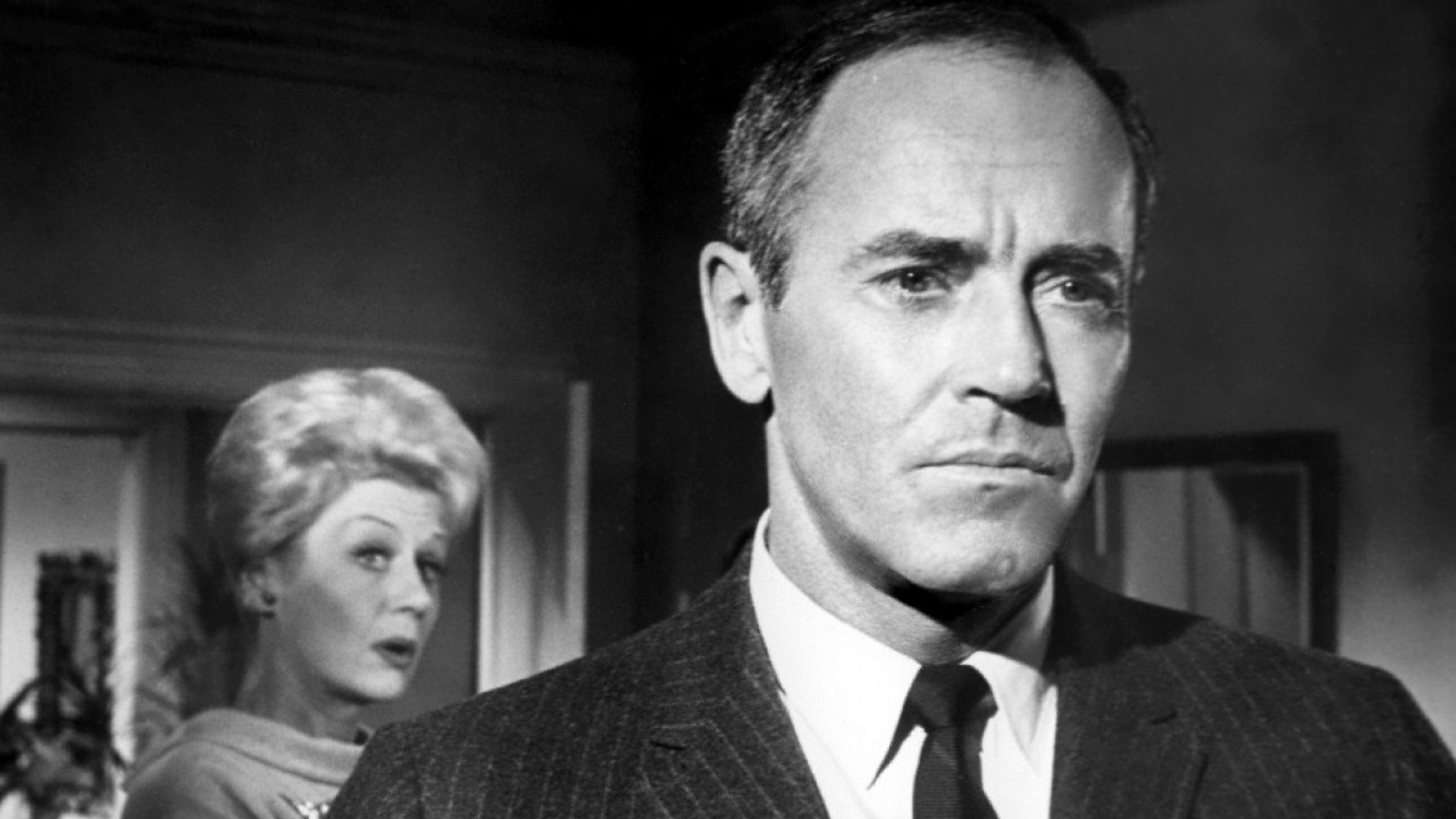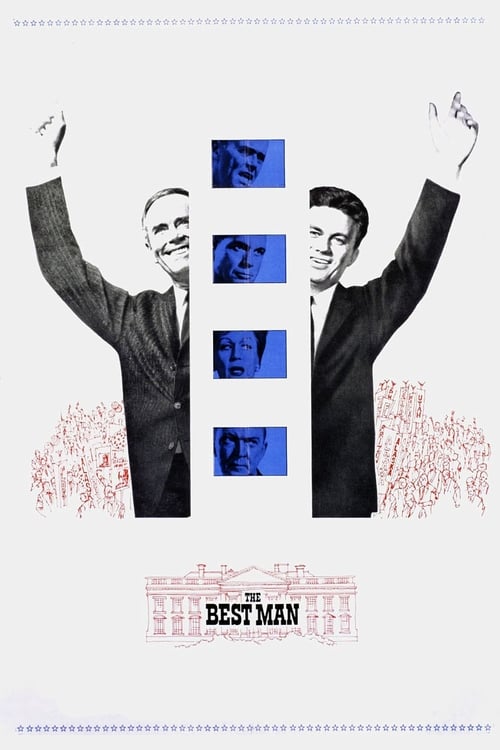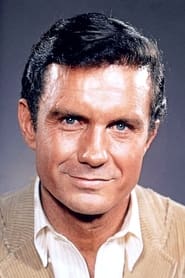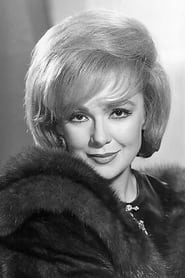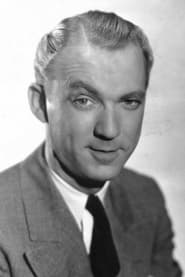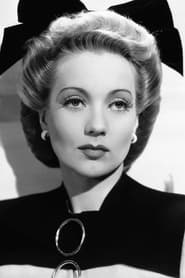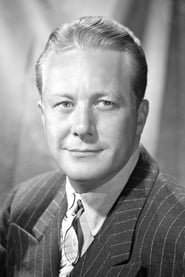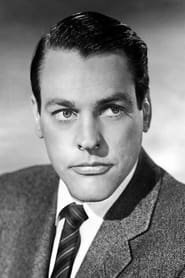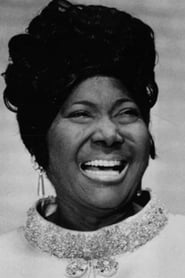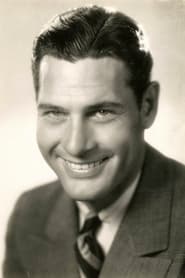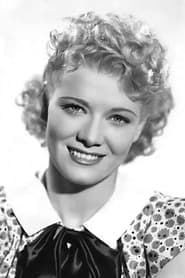Cast
View AllHenry Fonda
as William Russell
Cliff Robertson
as Joe Cantwell
Edie Adams
as Mabel Cantwell
Margaret Leighton
as Alice Russell
Shelley Berman
as Sheldon Bascomb
Lee Tracy
as President Art Hockstader
Ann Sothern
as Sue Ellen Gamadge
Gene Raymond
as Don Cantwell
Kevin McCarthy
as Dick Jensen
Mahalia Jackson
as Mahalia Jackson
Howard K. Smith
as Howard K. Smith
John Henry Faulk
as Gov. T.T. Claypoole
Richard Arlen
as Sen. Oscar Anderson
Penny Singleton
as Mrs. Claypoole (scenes deleted)
George Kirgo
as Speechwriter
Crew
Director
- Franklin J. Schaffner
Producer
- Stuart Millar
- Lawrence Turman
Reviews
CinemaSerf
As the presidential nomination process comes to it's chaotic climax, the two leading candidates are deadlocked. The more principled "Russell" (Henry Fonda) and the more savvy "Cantwell" (Cliff Robertson) are trying to get the approval of the former president "Hockstader" (Lee Tracy) whilst the former tries to avoid the whole process becoming mired in personal issues (and back-stabbing). Like so many films that depict American political process, it presents a scenario in which it's rarely the best man who wins and the so-called "Land of the Free" proves anything but! Neither of these candidates really merit the job, it all just boils down to which is going to be prepared to scrape the bottom of the barrel and ruin the reputation of the other. Both Fonda and Robertson are on good form, but pale by comparison with the rather manipulative and scheming Tracy whom you could actually believe held high office once. The pace is good, there is plenty of intrigue and as the denouement looms, I was still never quite sure who was going to come out on top. I liked the ending, though I did feel it was just a little bit of a cop out. Almost as if Gore Vidal didn't really want to make a choice either! Nobody is all bad, nobody is all good - but is compromise always the best answer? It's good, this.
Apr 4, 2022
Thematic Analysis
As a dramatic work, The Best Man examines complex human relationships and emotional struggles against the backdrop of a period setting that reflects societal issues of its time. The character development particularly stands out, offering viewers a chance to reflect on their own life journeys.
Director Franklin J. Schaffner brings their distinctive visual style to this film, continuing their exploration of themes seen in their previous works while adding new elements. Their approach to character development and emotional depth creates a viewing experience that rewards close attention.
Released in 1964, the film exists within a cultural context that now offers viewers historical perspective on the social issues of that era. Its critical acclaim reflects its artistic achievements and its place in cinema history.
Did You Know?
- The production of The Best Man took approximately 22 months from pre-production to final cut.
- The final cut of the film runs for 102 minutes, though the director's initial assembly was reportedly 142 minutes long.
- Some visual effects sequences took up to 8 months to complete.
- The screenplay went through 15 major revisions before the final shooting script was approved.
- The costume department created over 349 unique costume pieces for the production.
Historical Context
- In 1964, when this film was released:
- Counterculture movements were challenging traditional values.
- Social and cultural revolution was transforming Western societies.
- The film industry was dominated by major studios, with independent cinema still in its early development.
How This Film Stands Out
While The Best Man shares thematic elements with other films in its genre, it distinguishes itself through its unique approach to storytelling, visual style, and character development.
Unlike Rendition, which takes a more conventional approach to its subject matter, The Best Man subverts genre expectations by exploring its themes with greater nuance.
While films like Dancing at Lughnasa and American Gigolo explore similar territory, The Best Man stands apart through its deeper exploration of its central themes and more complex characterization.
This film's unique contribution to cinema lies in its thoughtful balance of entertainment value and thematic depth, making it a valuable addition to its genre.
Details
- Release Date: April 5, 1964
- Runtime: 1h 42m
Where to Watch


